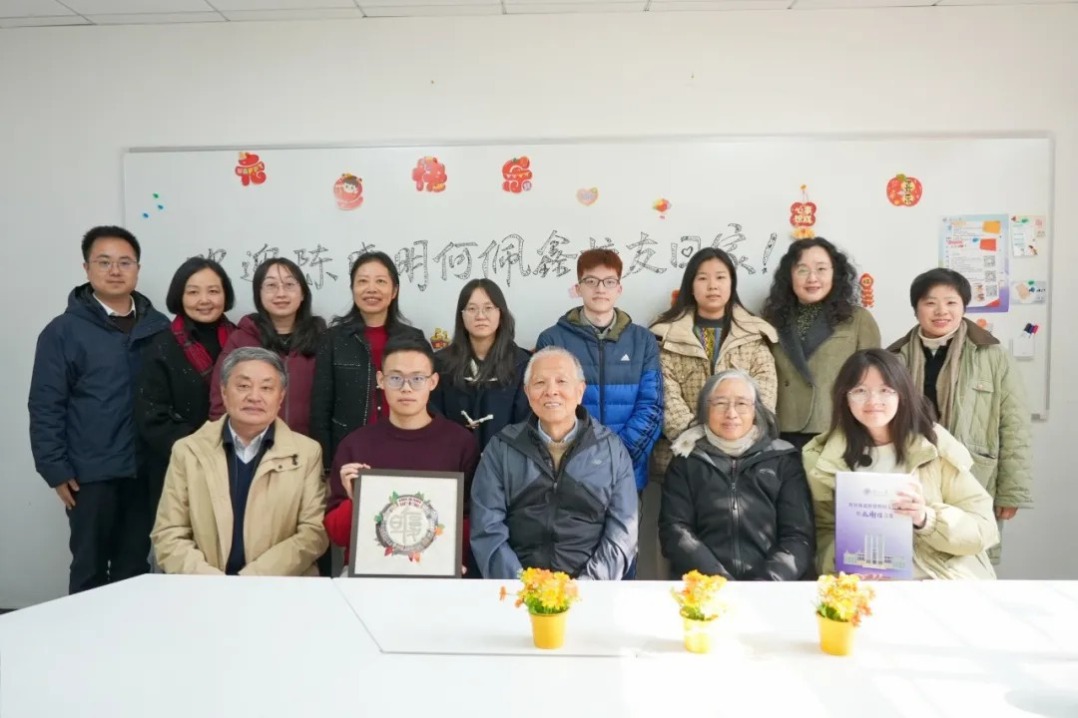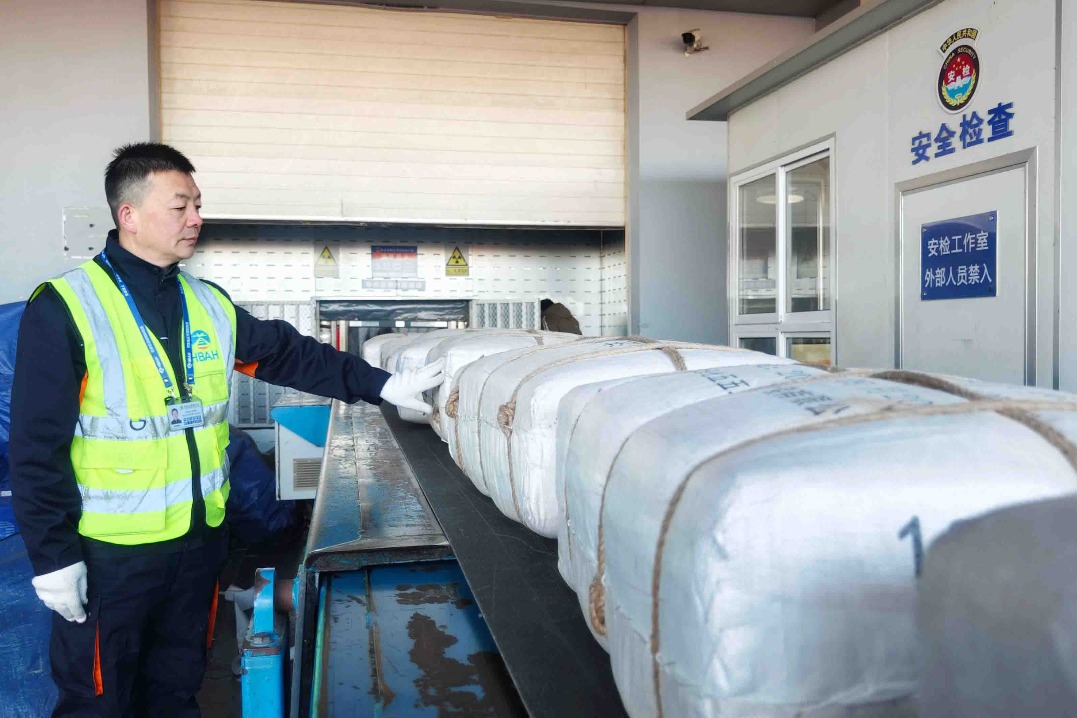Startups in rural zones to get more support

China will roll out more measures to support rural startups to further promote rural vitalization, under a decision at a State Council executive meeting chaired by Premier Li Keqiang on Wednesday.
It was decided that public financial support to the startups will be bolstered. Migrant workers, college students and veterans who choose to start businesses in the countryside will receive the same policy incentives as locals. Returning migrant workers whose startups have been running for one year or more will be eligible for a lump sum subsidy. Where public finances allow, rural business startups will also be entitled to subsidies to relocate or purchase production equipment.
Li said the startups promote the rural vitalization strategy, and enable more talent, technology and capital to flow to the areas.
Empowered by initiatives of massive entrepreneurship and innovation, the startups will open new jobs and inject new impetus into the development of agriculture, the countryside and farmers, he said.
Seven million people, of whom 68.5 percent were migrants returning home, had started rural businesses as of September, according to the Ministry of Agriculture. The entrepreneurs were 44.3 years old on average, and 40.7 percent had a senior high school, vocational high school or junior college education.
At the meeting, it was decided that financing services and land-use support will be bolstered for rural entrepreneurship, as will policies to provide guarantees. The financing model covering government, banks and insurance will be extended to rural startups. Rural entrepreneurs will be allowed to launch small processing programs using rural homestead plots to build factories. More investments will be made to upgrade rural infrastructure, including transportation and electricity. Broadband coverage will be expanded, and faster internet services will be provided at lower cost.
"China is still under considerable pressure in job creation. To encourage rural business startups, the government must press ahead with reform to streamline administration, enhance compliance oversight and improve services to create enabling conditions." Li said, as well as providing policy incentives.
According to a decision at the meeting, the government will step up training and offer more administrative services online. Experts, academics and technicians with specialized skills will be given incentives to work in rural areas, and investment in rural startups will be encouraged.
A risk control mechanism will be established for rural entrepreneurial activities, and insurance companies will be encouraged to develop related products.
- China records 26 percent drop in criminal cases
- Former vice-president of Beihang University sentenced to 12 years for bribery
- First China (Jilin) Real Image Conference promotes development of documentary industry
- Fishing manuals record China's early footprints in South China Sea
- Local & outsider doctors unite to aid Xizang quake victims
- Alumni couple lends a helping hand to needy students




































